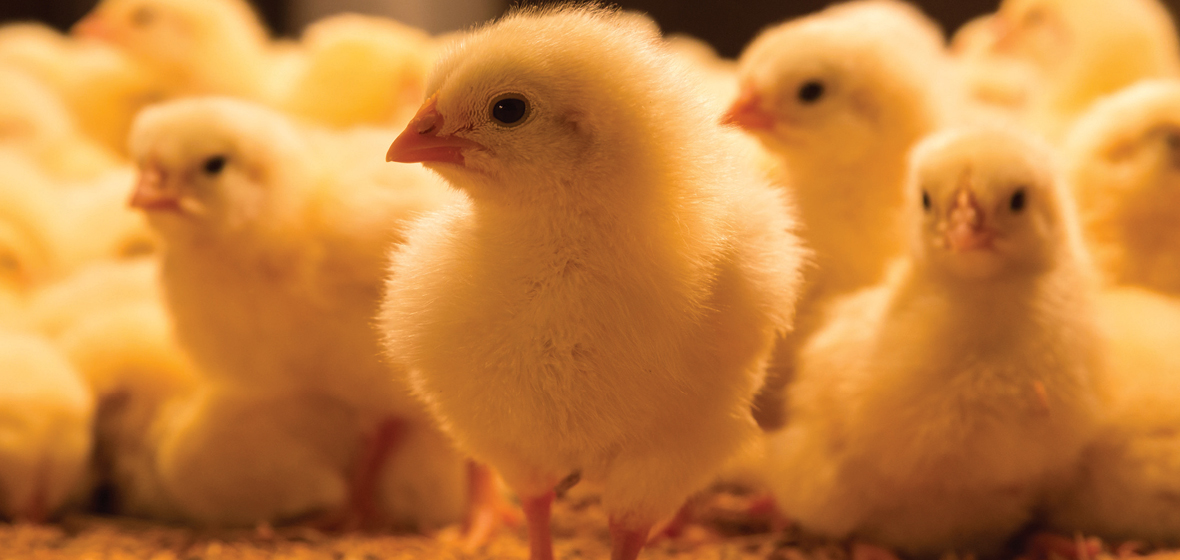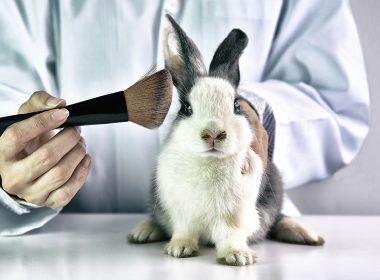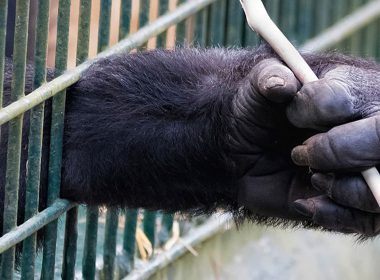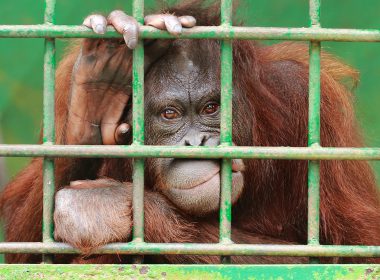Snapshot
- The 2019 Animal Law Conference addressed a range of topics, including the recent recognition of animal sentience in ACT legislation.
- Speakers recognised positive animal protection developments, but highlighted areas for improvement.
- Several inquiries into animal welfare are underway in NSW.
The recognition of animal sentience in ACT legislation, strategic litigation for animals, current gaps in NSW legislation and institutional reform were discussed at the NSW Young Lawyers Animal Law Committee’s recent Animal Law Conference in Sydney. The conference brought together eminent animal protection lawyers from across Australia to examine how legal protections for animals can be improved.
Recognition of animal sentience
The recognition of animal sentience in ACT legislation, which came into effect in October, is a positive step for animal protection that could lead to greater change, speakers stated during the panel discussion. The ACT is the first jurisdiction in Australia to recognise animal sentience.
Under the objects of the Animal Welfare Act 1992 (ACT), animals are recognised as ‘sentient beings that are able to subjectively feel and perceive the world around them, have intrinsic value and deserve to be treated with compassion’.
RSPCA Australia Senior Policy Officer and Macquarie University animal law lecturer Dr Jed Goodfellow said expressly recognising animals as sentient provided clarity as to the purpose of animal welfare legislation. ‘Stating it expressly in the legislation guides judges, magistrates, policymakers and the enforcers of the legislation as to its true underlying purpose, and answers the question as to why animal welfare matters,’ Dr Goodfellow said. ‘It will provide a more consistent, principled basis to the interpretation, application and development of the law … Implicitly, sentience is recognised by virtue, in prohibiting cruelty, for instance. Why else would it be wrong to be cruel to an animal if an animal isn’t sentient?’
Sentience is defined as the capacity to feel, perceive or experience subjectively. There is mounting scientific evidence that most complex animals suffer pain, experience feelings and are social beings.
Executive Director of community legal centre Animal Defenders Office (‘ADO’) Tara Ward said while the legislative change had been described as ‘merely symbolic’, it was a step in the right direction that could lead to greater change. For example, at the hearings for the recent NSW Parliamentary Inquiry into the Use of Battery Cages for Hens in the Egg Production Industry, a member of the committee raised the issue of whether the law should consider the behavioural needs of hens.
‘It’s obvious that if there is legislative acknowledgement of the sentience of animals, it would be a given that you must take that into account,’ Ward said.




